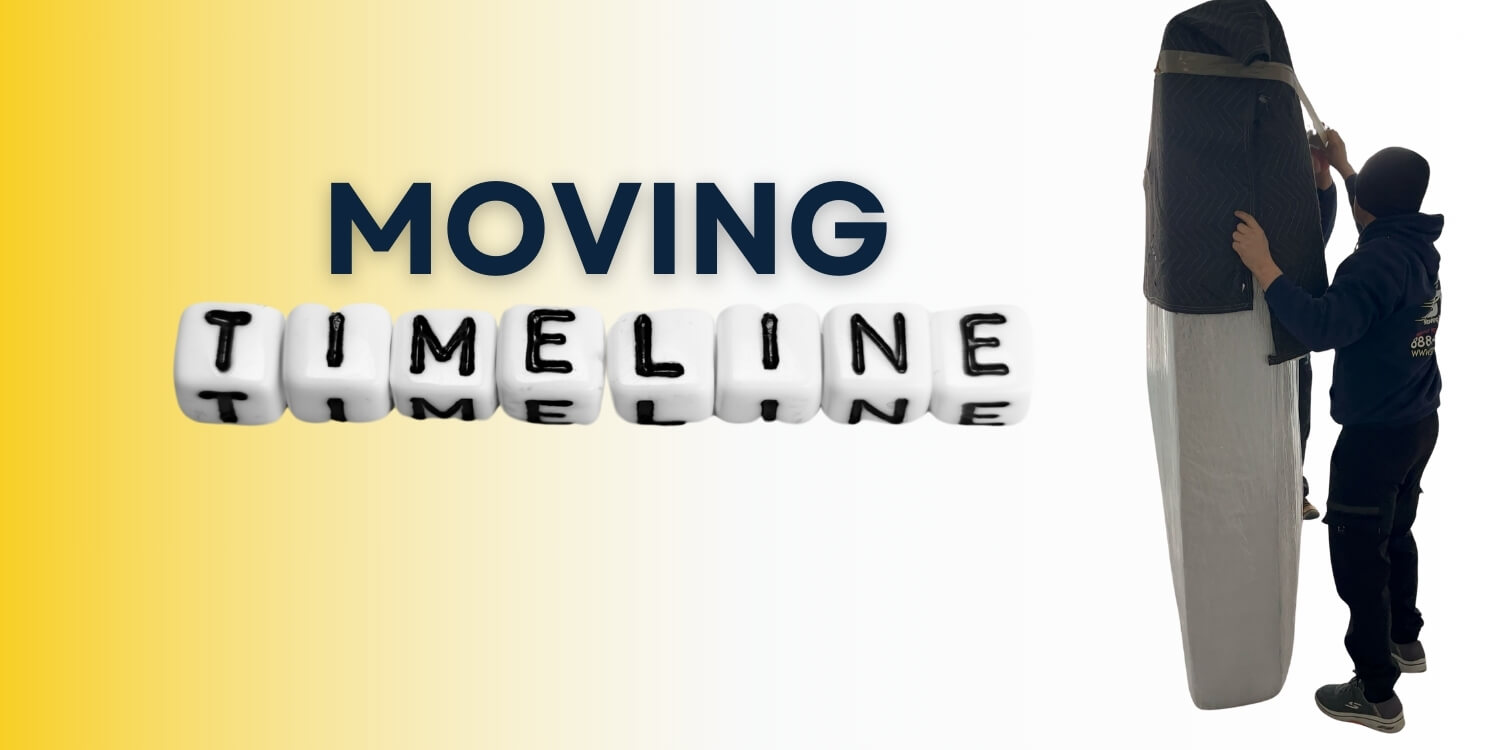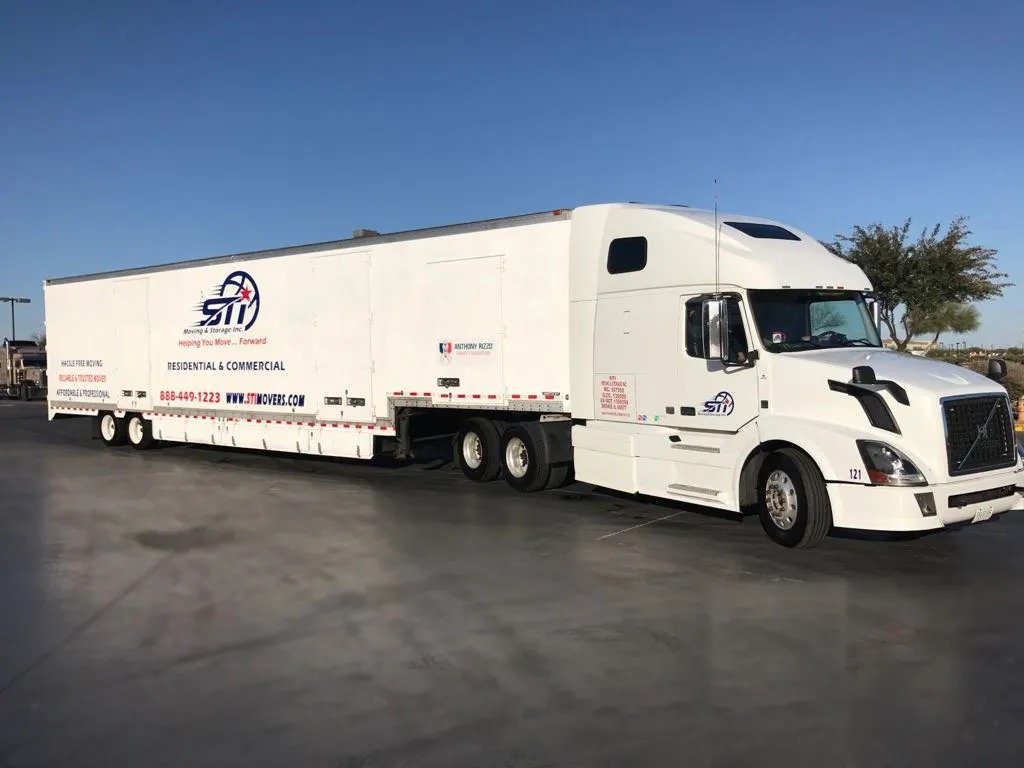It’s never too early to start planning your move. People with experience in moving say that having a clear timeline really helps make things go smoothly. A moving timeline doesn’t just keep things organized—it also lets you get the whole family involved. You can give small tasks to each person, even your kids, so everyone plays a part in getting ready.
Eight Weeks Before Moving
- Get in touch with your moving company and book your moving date.
- Clear out stuff from storage areas like the attic, basement or shed.
- Start using things you won’t be able to take with you, like frozen food or cleaning products.
- Reach out to the local chamber of commerce or visitor center in your new town to learn more about your new area.
Six Weeks Before Moving
- If your company is making you move, check which costs they’ll cover and what you’ll need to pay for yourself.
- Talk to the IRS or your accountant to see if any moving costs can be deducted from your taxes.
- Start going through your stuff. If you haven’t used something in a year, consider selling it or giving it away.
- Make a list of people and services you need to tell about your move—like friends, banks, subscriptions and other important contacts.
- Subscribe to the local newspaper in your new town to get familiar with the area and its events.
- Gather all your vehicle registration and license documents.
- If you need to store any items, set that up now. Your moving consultant can help with this.
- Contact your kids’ school, doctors, dentist, lawyer and accountant to collect important records. Ask them if they can recommend someone in your new town.
Four Weeks Before Moving
- Fill out a Change of Address form at the post office so your mail gets sent to your new home.
- Make travel plans for your pets and plants if they need special care.
- Call utility companies (like gas, electric, water, phone, internet, cable, trash) to stop service at your current home and start it at your new one. Keep your current utilities running until moving day.
- Talk to your insurance providers (car, home, health, life) to update or transfer your coverage for your new place.
- If you’re packing yourself, buy moving boxes and begin packing things you won’t need for the next few weeks.
- Plan a garage sale to get rid of things you don’t need or donate them to a local charity.
Three Weeks Before Moving
- Book your travel and stay for the move but avoid flying out on the same day you move—delays can happen.
- Gather all your important documents like insurance papers, wills, property papers and stock info.
- Start the process of closing your bank accounts in your current city and setting up new ones in the place you’re moving to.
Two Weeks Before Moving
- Get your car checked & ready for the trip. Make sure it has what it needs for the weather, like antifreeze or coolant.
- If you’re moving from or into a place with elevators, talk to the building manager to book elevator time for moving day.
- Call your moving consultant to go over all the details and double-check that everything is set for your move.
One Week Before Moving
- Pay any bills you still owe to local shops or services.
- Empty your safety deposit box, pick up dry cleaning, return library books, rented DVDs or anything else you borrowed.
- Take your pets to the vet for any shots they might need and get copies of their medical records.
- Empty gas and oil from machines like lawn mowers or snow blowers.
- If you’re not taking your plants, give them away to someone who’ll take care of them.
- Write clear directions to your new home for the movers. Include your travel plan and any emergency contact numbers.
Two to Three Days Before Moving
- Defrost your fridge and freezer. Leave the doors open so they don’t shut by accident on pets or kids.
- Unplug and get big appliances (like your washer, dryer, stove) ready for moving. Your moving consultant can help you arrange this if needed.
- Pack a box with things you’ll need right away at your new home. Either keep it with you or ask the movers to load it last.
- Set aside the stuff you’re taking in your car so it doesn’t get packed on the moving truck by mistake.
- Call your moving consultant to confirm what time the movers will arrive and tell them about any last-minute updates.
Moving Day
- Make sure someone is at home to answer any questions the moving team might have.
- Write down your utility meter readings—gas, electricity and water.
- Carefully read your bill of lading and the inventory list before signing. Keep these papers safe until everything is paid and any issues are sorted out.
If you’ve followed this moving timeline step by step, you’ll feel good checking off tasks. It also helps you avoid missing anything important—and that can take away a lot of stress.



